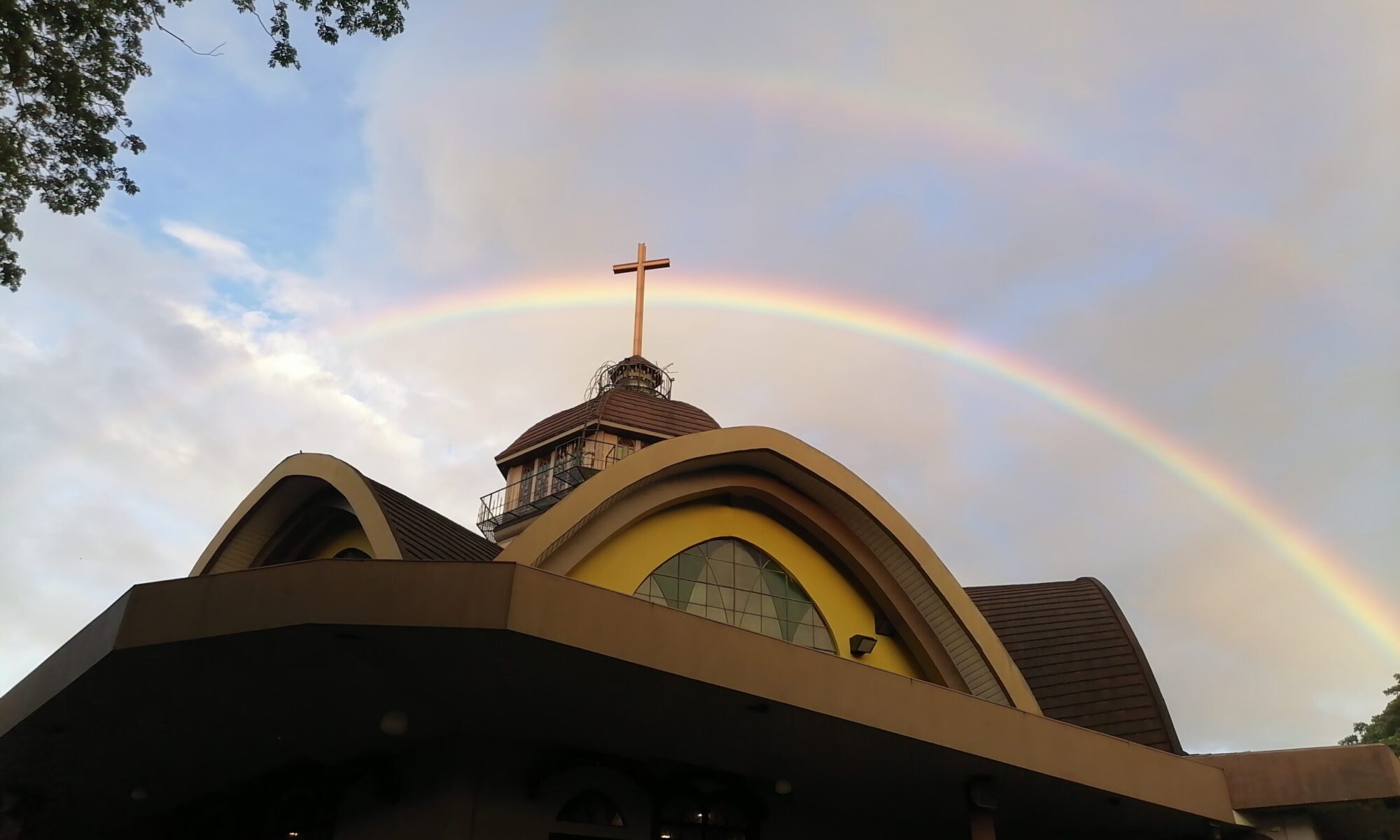
1. Building the Church.
Let’s say I want to establish the Church somewhere. How do I go about it? It could be building the Church out of a community of unbelievers or re-evangelizing a flagging community of believers.
2. How listeners learn the Faith.
Let us keep in mind that a soul can only learn from the Catholic Church as its teacher, and as a learner who is a part of a community that makes up the Catholic Church. “Faith lives in the WE, (that is the Church) or else it is not alive,” Pope Benedict stated in “The Yes of Jesus Christ.” We cannot “build our personal faith in a private dialogue with Jesus.” For Faith to be alive it must live in the ‘we,’ the Christian community. This cannot be accomplished instantaneously in souls. It could take a life time.
3. What should they learn?
From the Apostolic Commission, they must learn all the commandments of Christ and how to obey them. The Church, as a community, teaches us those commandments and how to obey them and we must learn them within the community, the Church.
4. Another way of saying it.
Putting it another way: the Evangelical Life is the fulfillment of the Beatitudes. How long does it take to teach a soul to be “pure in heart?” Usually a life time. Then when will you teach the next Beatitude? When you teach the first Beatitude to the next soul, the first soul is beginning to forget it, in which case he must be reminded.
5. See how long it takes.
If this is done to an entire Diocese, considering what must be done and the time it takes to do it, there is no way of attaining this goal of establishing the Church anytime soon. I can almost imagine how St. Augustine did it in England and St. Boniface in Germany. They went as a community, teaching crowds as a community, and then teaching each soul who responds to the grace of conversion within the community, the Church.
Initially each member of the community must strive towards charity. It is only by doing so that they will receive the gifts of the Holy Spirit that will enable the community to reach charity. And only after that can the community, fortified with the Gifts of the Holy Spirit, lead other souls towards Charity, thus uniting that soul to the same community, the Church. The community needs the seven gifts of the Holy Spirit to attain the theological virtues of Faith, Hope and Charity that leads to salvation and a fortiori perfection. The same gifts are needed by the community to lead souls in the acquisition of the infused knowledge of the divine mysteries. This is what will enable them to explain the truths to their listeners and guide souls to the heights of charity.
Now, in most Catholic Church communities, whether laymen or religious these gifts are not evident. No wonder they cannot reach Christian perfection or charity. They have not reached a level of spirituality wherewith they become deserving to receive the gifts, thus unable to reach Christian perfection.
6. Too large to start with.
A Diocese is a crowd too large to handle. Just teaching the commands of Christ and how to obey them can take a lifetime. How much more to actually obey those commands. A Parish is, also, too large.
7. One by one.
After talking to a crowd, Christ had to attend to His followers one by one. To build the mystical body of Christ, we have to attend to each soul and guide it to union with Christ as a branch is united to the vine. Usually you cannot get a group and unite them to Christ instantly. It is often a singular and personal effort: one by one. This is difficult even within a family. It is evident among converts, evidently a one to one relationship.
It is only possible in a family or group that has become one heart and one mind moved by God and has responded to the first call of conversion (commonly referred to as the purgative state.) A small community, bent on living the fullness of the Gospel freely, without pressure or threat. A group that is serious in following Christ.
Only within such communities can Christ teach us and within where we can learn the ways of God. And it is only in this community can a soul come in contact with Christ. It is only here where the Church can be experienced and thus a place of access to fellowship with Jesus. Outside such communities the Church becomes abstract and unreal, Pope Benedict XVI wrote.
The Oneness, Holiness, Catholicity and Apostolicity of the Church can be viewed only in such small communities. Then they become fruitful having become the Church, the place where faith is born and the place of rebirth into the truth. ( Painting is “Saint Benedict and community” by Luis Morales, 1509-1586)

